Hi all,
In today's bulletin: Myanmar security forces defy orders to fire live rounds on protesters as Asean ministers meet; China's annual session of Parliament opens Friday; South African and British variants of coronavirus infections discovered in Philippines and Indonesia; Biden administration to frame US strategy on Asia based on need for semiconductors, artificial intelligence and next-generation networks, two Americans to be extradited to Japan for smuggling Ghosn out of the country in 2019, and more.
Reading this on the web or know someone who might enjoy receiving Asian Insider? Our sign-up page is here.
Myanmar police fire live rounds on protesters as regional ministers meet
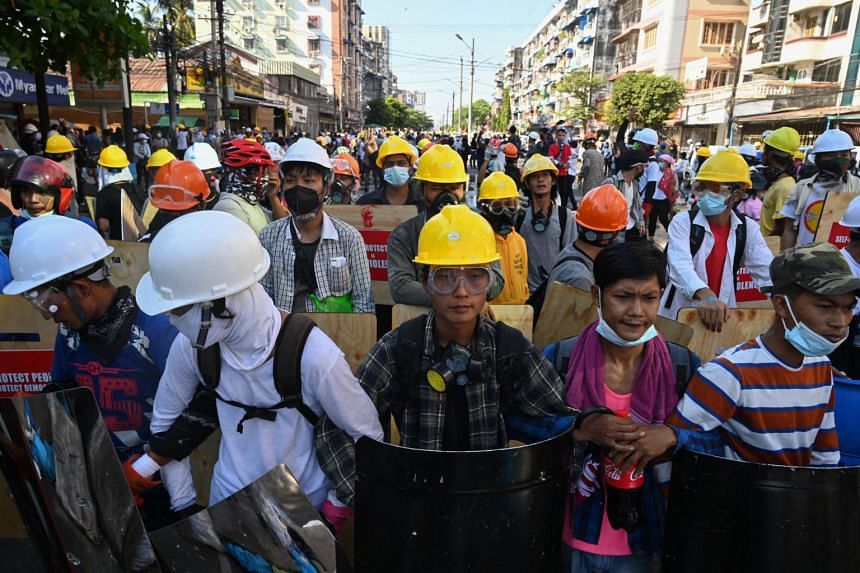
Myanmar security forces fired live rounds on protesters, leaving three people critically injured, despite calls by the country's military junta to refrain from doing so, as Asean foreign ministers met to hold discussion with Myanmar's newly installed foreign minister Wunna Maung Lwin on the worsening situation.
Security forces have stepped up the use of force on protesters in the country who are persisting with demonstrations in several cities. Tear gas, water cannon, rubber pullets and live rounds have been used in clashes that have left 21 people dead since the military coup on Feb 1.
Asean foreign ministers urged Myanmar to desist from violence and respect the will of Myanmar people during the informal meeting that was held virtually today.
Earlier in the day, Singapore Prime Minister Lee Hsien Loong described the coup as an enormous, tragic step for the country in an interview with BBC, and said the use of lethal force against unarmed civilians was just not acceptable. And if the Myanmar population decides the government is not on their side, then the government has a very big problem, he said.
Delve deeper
Hard truths about Myanmar and the military coup, by Bilahari Kausikan, for The Straits Times
China's National People's Congress opens Friday
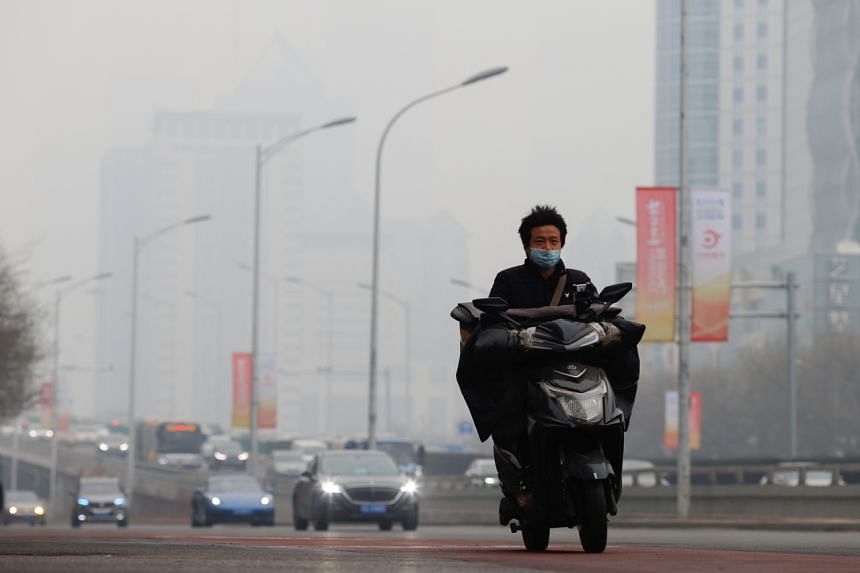
China is set to hold its annual session of Parliament later this week with announcements to be made then giving an indication of likely economic growth and reforms in coming years. As part of this, the National People's Congress will open on March 5, with Premier Li Keqiang delivering the 2021 work report.
On the same day, China will release its 14th five-year plan, for the period 2021-2025, that is expected to focus on reforms to spur growth and increase reliance on consumption and home-grown technology. Science, technology and innovation might get near-absolute priority, according to a China-based consultancy. The release of the 14th five-year-plan comes amid continuing tensions between the US and China on trade and technology matters.
There could be announcements on Hong Kong's electoral system as well with previous reports hinting that Beijing may call for only 'patriots' to run the country and other moves that could marginise pro-democracy supporters.
Pfizer, AstraZeneca Covid-19 vaccines highly effective in elderly people
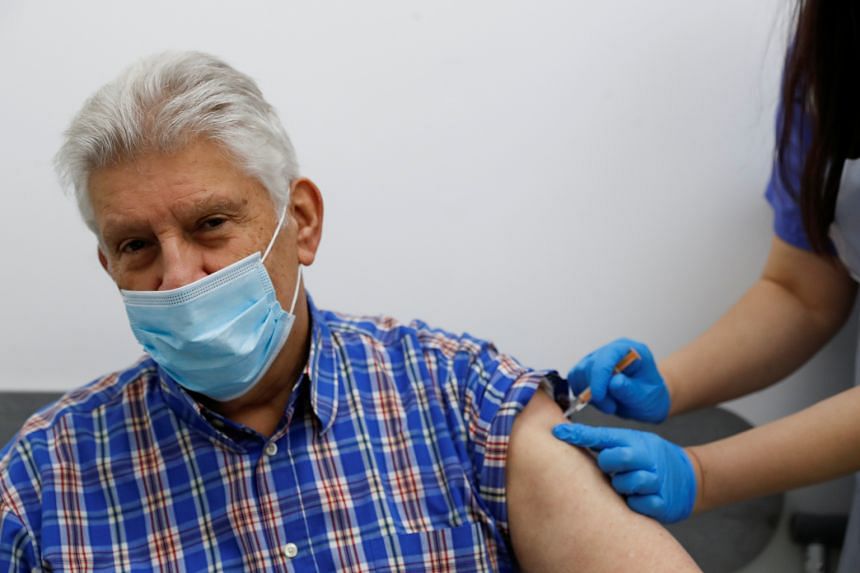
Encouraging data emerged from a UK study which showed that the Pfizer and the AstraZeneca vaccines had been highly effective in reducing coronavirus infections and severe illness among the elderly. The reduction in hospitalisation was as much as 80 per cent. The two vaccines are being used by several countries in the region.
Meanwhile, China said it aims to inoculate 40 per cent of its 1.4 billion population against Covid-19 by the end of June. By Feb 28, 52.5 million doses of the vaccine had been administered and by the end of this year, nearly 2.1 billion doses would have been administered, reports said.
In another development, the Philippines reported the discovery of three cases of people carrying the South Afrian variant of coronavirus that can spread far more quickly, raising concerns about the country's vaccination drive. And Indonesia said two cases of British Covid-19 variant had surfaced in the country.
Semiconductors, AI, next-generation networks basis of US-Asia policy
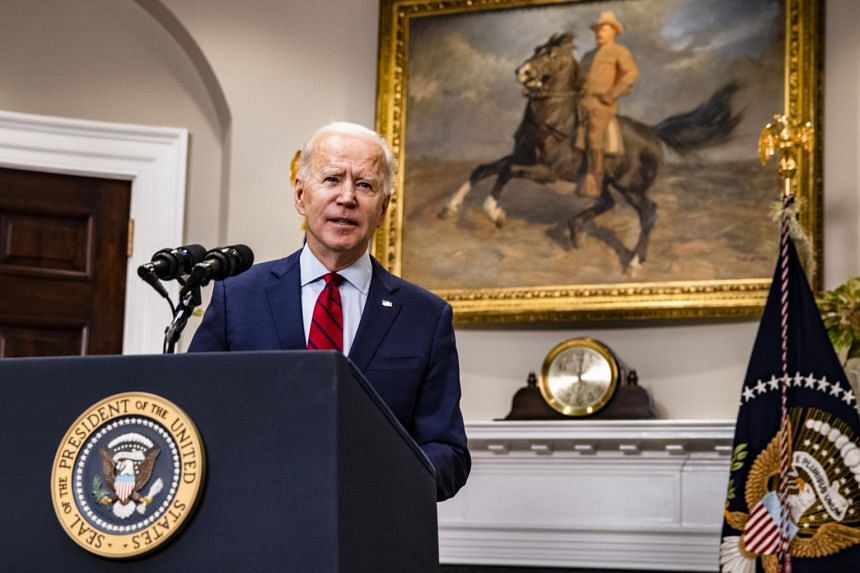
The Biden administration is putting semiconductors, artificial intelligence and next-generation networks at the heart of the US strategy towards Asia, in a policy move that could see it build on ties with select Asian economies such as South Korea, Japan and Taiwan.
This comes amid a growing global shortage of microchips which is needed in cars, mobile phones and refrigerators. It is also used in surveillance technology such as facial recognition. It also follows a recommendation by the US national security commission that the United States tighten "choke points" on chipmaking technology to prevent China from overtaking the United States in semiconductors in coming years.
While much chip making equipment comes from US firms, key gear also comes from firms such as Nikon and Canon in Japan and ASML Holding in the Netherlands. The National Security Commission on Artificial Intelligence, led by former Google chairman Eric Schmidt, recommends that the US work with those countries on a policy to deny export of chipmaking tools to China.
Two Americans face trial in Japan for smuggling Ghosn out from Tokyo in 2019

Two Americans - a father and son - face trial in Japan after losing an extradition battle for helping former Renault-Nissan boss Carlos Ghosn escape from the country in a large musical equipment box on board a private jet that took him to Turkey, before another plane took him to Beirut. Ghosn, who faced charges of financial conduct, has said he didn't expect a fair trial in Japan.
In other news
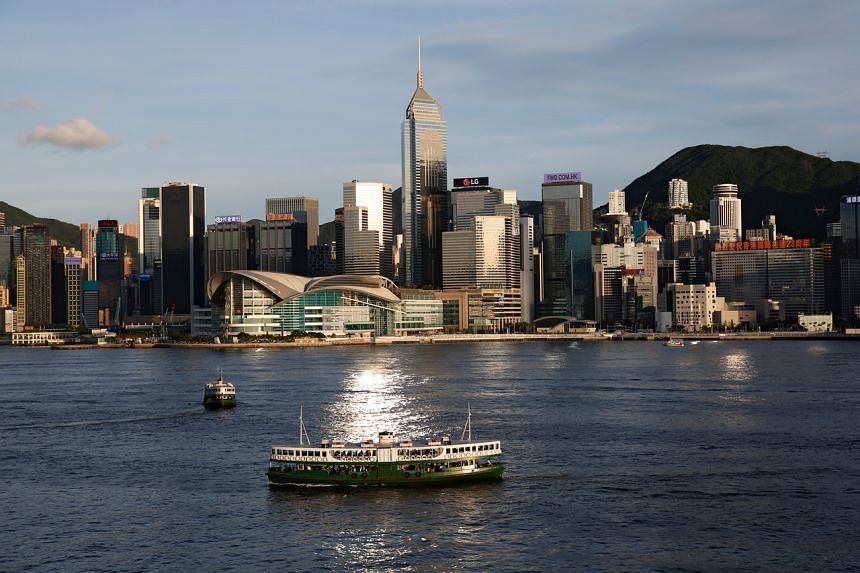
Hong Kong mulls listing of Spacs: The city of Hong Kong is examining the listing of special purpose acquisition companies (Spacs) and the government has asked the Hong Kong exchange and the financial regulator to look into this. The announcement by Financial Secretary Paul Chan comes at a time when a growing number of Asia-based funds have been setting up Spacs, to be able to raise money from investors and then invest in another business.
Singapore top choice for homes of the ultra-rich: The Republic's luxury residential market has emerged as the top Asian territory of choice for the ultra-wealthy in Asia, in Knight Frank's Wealth Report, which is based on a survey of over 600 private bankers, wealth advisers, intermediaries and family offices. Singapore follows the UK, US and Australia in the overall ranking for the preferred residential market, for the ultra-rich in Asia.
China's ban on Taiwanese pineapples: China's ban on Taiwan's pineapples is the latest issue being contested by the two economies. Beijing has denied accusation that there are political motives behind the ban and said it is to prevent the inflow of "harmful creatures" that could come with the fruit. Taiwan believes otherwise.
That's it for today. Thanks for reading The Straits Times and today's Asian Insider newsletter. We'll be back tomorrow.
Shefali

